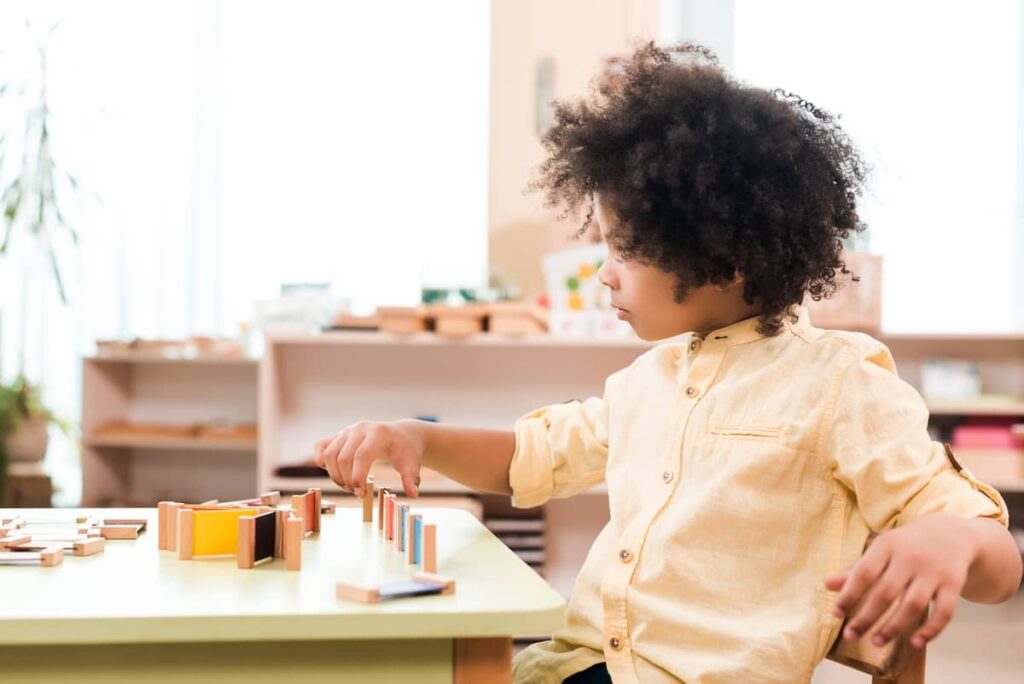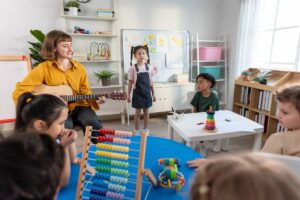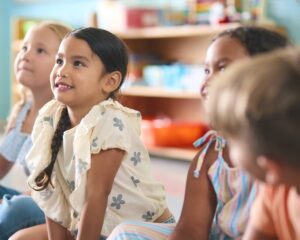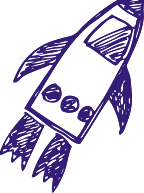Fine motor skills have always been an important developmental milestone for growing children, but they’ve become even more crucial in today’s fast-paced modern world. Many parents are turning to Montessori schools, known for their nurturing approach, to find the most effective way of fostering such skills in their children. If you’re a parent who has found themselves searching the phrase, “Montessori schools near me,” you are already on the right path to providing a comprehensive education that emphasizes fine and gross motor skill development. In this article, we’ll explore the importance of motor skills, delve into the Montessori method’s approach to guiding children through this milestone, and highlight specific activities that foster these skills.
Understanding Motor Skills
Motor skills fall into two main categories: gross and fine. Gross motor skills involve movements that engage large groups of muscles simultaneously, such as walking, jumping, and running. These movements are essential for overall physical health and coordination. Fine motor skills, by contrast, involve smaller muscle movements, particularly in the hands and fingers, and are crucial for carrying out tasks like writing, buttoning clothes, and using utensils.
The distinction between these two types of motor skills is vital because while gross motor skills make physical activities possible, fine motor skills are necessary for more precise and detailed tasks. Developing good motor skills is fundamental to children’s overall growth and can impact future academic performance, sense of independence, and self-confidence.
Montessori Method and Its Principles
The Montessori method, developed by Dr. Maria Montessori, is an educational approach that emphasizes independence and hands-on learning within child-centered learning environments. This method employs several core principles, including:
- Respect for the Child: Recognizing and respecting each child’s individuality.
- The Absorbent Mind: Leveraging curiosity, an innate human quality, to foster a love for learning through hands-on experiences.
- Sensitive Periods: Identifying and nurturing periods when children are more receptive to learning certain skills.
- Prepared Environment: Creating a learning environment tailored to the child’s needs and interests.
- Auto-Education: Encouraging children to learn independently through their interactions with their environment.
These principles foster an environment where children can thrive, and when combined with practical and engaging activities, they are especially effective in helping children develop their fine motor skills.
Montessori Activities for Fine Motor Skills
Montessori schools employ a variety of practical activities designed to enhance fine motor skills. These activities are typically hands-on and involve practical life skills, arts and crafts, and puzzles. By engaging in these activities, children not only refine their motor skills but also gain confidence in their ability to perform everyday tasks.
- Practical Life Activities: These activities include tasks that children see adults perform every day, such as pouring water, buttoning, and sweeping. Engaging in these activities helps children develop coordination, concentration, and independence.
- Arts and Crafts: Drawing, painting, cutting with scissors, and molding clay are excellent ways for children to refine their hand-eye coordination and dexterity. These creative practices also allow children to express themselves and develop their imagination.
- Puzzles and Manipulatives: Working with puzzles and small objects helps children improve their problem-solving and fine motor control skills. These activities encourage children to use their fingers and hands in precise ways, strengthening the muscles needed for writing and other detailed tasks.
Montessori Activities for Gross Motor Skills
While fine motor skills are crucial, gross motor skills are equally important. Montessori schools provide activities that promote overall physical development by combining outdoor play, sensory activities, and well-prepared environments.
- Outdoor Play: Running, climbing, and playing with balls enhance children’s large muscle groups and coordination. Outdoor play also gives children a sense of freedom and the opportunity to explore their surroundings.
- Sensory Activities: These activities involve using the senses to learn and explore. For instance, walking on a balance beam or hopping on different textures helps children develop their balance and coordination.
- Role of Environment: The Montessori environment is designed to be child-friendly, with furniture and materials scaled to their size. This allows children to move freely and engage in physical activities that promote gross motor skill development.
Benefits of Montessori Activities in Motor Skill Development
The benefits of engaging in Montessori activities go beyond checking off boxes on a list of developmental milestones. These activities play a crucial role in cultivating other traits and skills:
- Self-Regulation: Participating in structured activities helps children develop the ability to control their movements and emotions, leading to better self-discipline.
- Confidence and Self-Esteem: Completing tasks and challenges boosts children’s confidence and self-esteem, encouraging them to take on new challenges.
- Cognitive and Social Development: Montessori activities often involve problem-solving and social interaction, enhancing cognitive abilities and fostering social skills.
Conclusion
Montessori schools provide a well-rounded approach to developing fine and gross motor skills through various engaging and practical activities. By encouraging independence, creativity, and physical coordination, Montessori activities help children build a solid foundation for future learning and personal growth. If you are searching for “Montessori schools near me,” you are taking the first step toward providing your child with an environment that will support their development holistically. We encourage you to visit these schools, observe the environment, and see the activities firsthand. Embrace the Montessori method, and you’ll see your child thriving in an environment designed for their success.
If you’re in Chino, CA, Montessori Academy of Chino, a renowned institution with a legacy of nurturing young minds, has multiple programs designed to foster a love of learning in a wholesome, child-centered environment that encourages creativity and independence. Our experienced faculty and well-equipped facilities ensure that your child receives the best education. Investing in your child’s early education at our school will yield lifelong benefits, shaping them into confident, capable, and well-rounded individuals. Contact us today to learn more about our programs and to schedule a visit!





